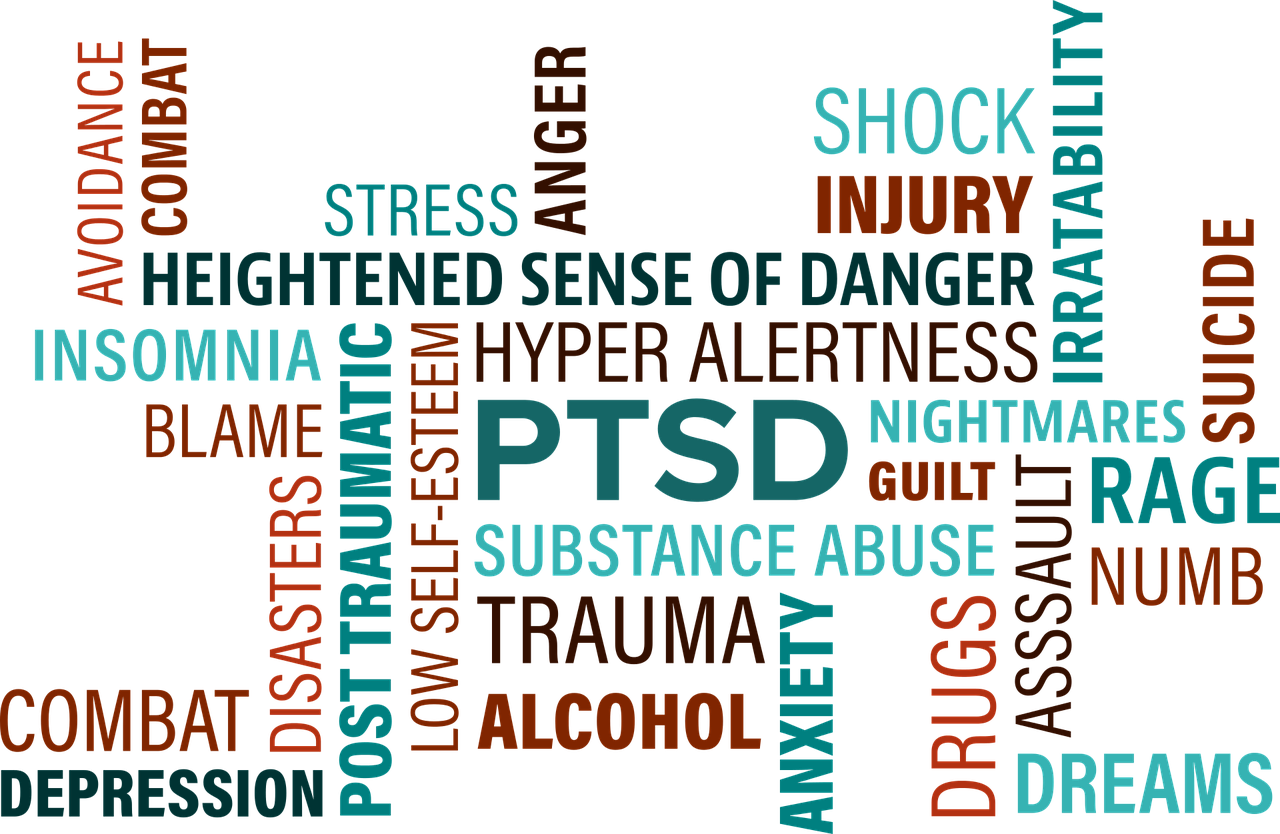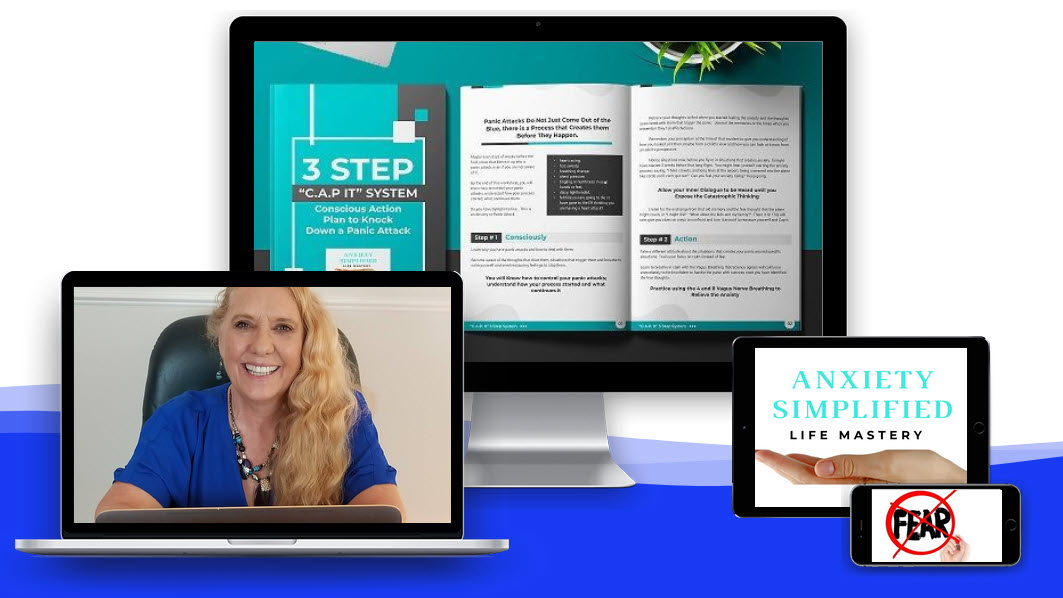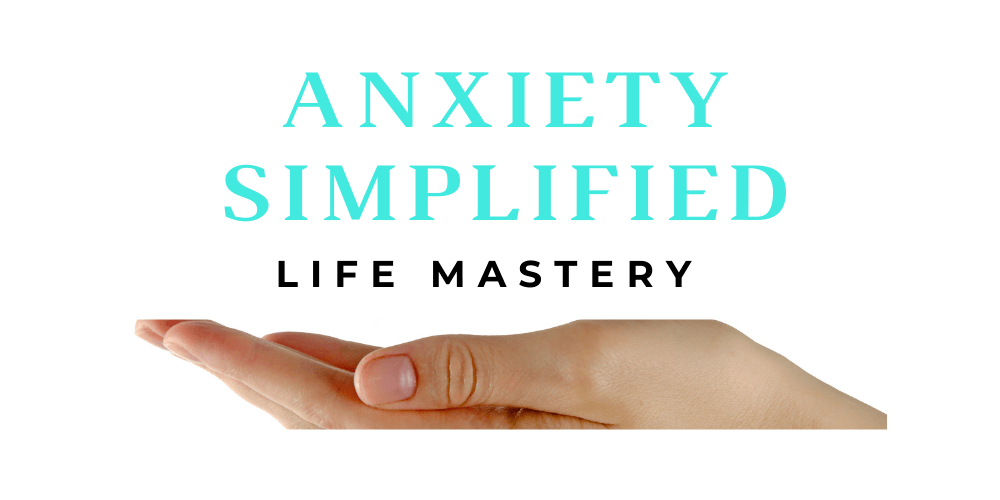OCD Panic Attack
An OCD panic attack is a sudden and acute feeling of anxiety. Physical symptoms of panic attacks include shaking, disorientation, nausea, rapid, irregular heartbeats, dry mouth, shortness of breath, dizziness, and sweating. A panic attack's symptoms are not really dangerous and fatal, although they can be scary.

What Is OCD Panic Attack?
OCD Panic Attack is characterized by a crippling fear of experiencing anxiety and panic. The mental, emotional, and physiological symptoms of anxiety and panic (thinking racing, heart pounding, bodily tightness, and emotional discomfort, among others) can be difficult to deal with at any given time.
Thus, it is natural for many individuals to anticipate and worry about some levels of anxiety and panic attacks to come anytime. That anticipation, however, can contribute to increased anxiety as the affected person attempts to forecast, prepare for, and avoid impending episodes of panic and anxiety.
Individuals with OCD (Obsessive Compulsive Disorder) who have obsessive worries or thoughts about panic attacks may or may not have actual panic attacks. They may, however, become obsessed about such a possibility and exhibit compulsive rituals, such as rumination, excessive checking for symptoms of activation or distress that they fear may lead to a potential panic attack, and avoidance of stressful or anxiety-provoking situations to actually reduce the anxiety.

Such intense emotions may unintentionally promote the notion that each panic episode would be severe and irreversible, although this may not always be the case. They can also cause people to mistrust their own capacity to handle stressful or anxiety-provoking circumstances in healthy ways, instead depend on compulsive tactics, thinking it will reduce the anxiety by avoiding potentially unpleasant situations, which can have a big impact on your daily activities and their relationships. It can actually strengthen or reinforce their fear of being able to handle the anxious situation.
OCD and Panic Disorder
Many persons who have OCD also have another disorder. Depression and anxiety spectrum disorders such as panic disorder, panic attacks, generalized anxiety disorder (GAD), eating disorders, body dysmorphic disorder (BDD), and elements of perfectionism are some of the prevalent comorbidities that overlap with OCD.
The overlapping link of OCD and panic anxiety might be filled with confusion. Many OCD patients have panic episodes or panic attack symptoms, such as sweaty palms, rapid heartbeat, racing thoughts, dizziness, limb weakness, and so on. They may also have the sensation of being out of body. This is referred to as dissociation. These sensations, or full-fledged assaults, can last 5-10 minutes and it may linger on for several hours.
The individual triggers differ widely from one person to another. It is also possible that patients suffering from panic disorder are too sensitive to fear, resulting in a common overlap with OCD. It is important that you consult a doctor or a therapist if you experience regular panic episodes and are unable to feel in control of managing them.

Common Obsessions Associated with OCD Panic Attacks
Following are some of the manifestations of OCD Panic Attacks in persons with the condition:
- What if I'm having a panic attack or am about to have one?
- What if this circumstance causes me to become nervous, apprehensive, or overwhelmed, resulting in a panic attack?
- What if I have a panic attack in front of others?
- What if I experience a panic attack and am unable to recover?
- What is going on with me?
- Why am I putting myself through this?
- How can I tell if I'm going to freak out?
Common Panic Attack Triggers for People with OCD
People with panic attack who worry obsessively in OCD may be set off by stressful, anxiety-provoking, or possibly overpowering events because they think they will experience a crippling panic attack. They may also overthink any mental, emotional, or physiological signals of arousal or anxiety, mistaking them for signs of an impending panic attack. They may also be extremely sensitive of any physical feelings that they suspect are the result of a panic attack.
The following are common triggers for people with OCD who are afraid of panic attacks:
- Situations that are stressful or can cause anxiety
- Anxiety, activation, or distress symptoms on the inside (mind racing, heart pounding, sweating)
- Being in the presence of those who are in distress
- Previous panic attacks' situations, locales, or media
- Thinking that your physical symptoms will kill you
How Do You Know if You Have OCD and not Panic Disorder, Anxiety, or Another Mental Condition?
Individuals suffering from this type of OCD have a crippling fear of having panic attacks at any time. This causes frequent and acute intrusive thoughts about the likelihood of having panic attacks, as well as compulsive rumination, checking, and avoidance of potentially anxiety-inducing situations.
If a person has obsessive concerns, fears, or memories connected to panic episodes, as well as compulsive behaviors such as avoidance, reassurance-seeking, internal monitoring, or even substance usage, they may have OCD—even if they also have anxiety or panic disorder.

Common Compulsions of People with OCD Panic Attacks
When people with panic-related obsessions experience distressing intrusive thoughts, feelings, or sensations, they are more likely to engage in compulsive behaviors such as rumination, picking at their skin or nails, excessive checking for internal signs of distress, anxiety and avoidance of anxiety-triggering stimuli. They may also seek reassurance from others about their ability to handle potentially challenging situations and whether any signs of discomfort or distress are present. They may likewise find themselves obsessively investigating indicators of panic attacks online.
People suffering from OCD panic attack frequently engage in the following mental or physical compulsions:
- Rumination
- Self-assurance and rationalization
- Seeking confirmation from others
- Checking for internal indicators of anxiety, activity, or distress excessively
- Avoidance of stimuli that cause anxiety
- Investigating the signs and symptoms of panic attacks
How to Treat OCD Panic Attack Fear
The fear of having a panic attack, just like any other obsessive-compulsive cycle in OCD, can be crippling for those who suffer from it—but it can be treatable. Medications have shown to help with the compulsive thoughts.
You can learn to distinguish between intrusive thoughts or anxieties about having a panic attack and the actual indicators of having one through Exposure and Response Prevention (ERP) therapy. Joanne has developed a Treatment Emotional Tension Release (ETR) technique. You can learn to be present with the anxiety for 1-2 minutes breathing the 4 and 8 Vagus Breathing to feel a release of the tension with a reassuring sensation that can be used anywhere or anytime. ETR Workbook you can practice yourself.
You will also gain confidence in your ability to tolerate the emotion and respond to stressful or anxiety-provoking circumstances in healthy ways, rather than through compulsions that may just serve to strengthen your anxieties.
Discover How To Stop Panic Attacks Now...Free

This course is video based to be able to re listen to over and over again with a workbook to follow again or reuse you conquer one trigger you can see your progress to feel you can do this!
Enter your name and email address below and get started right away:
Final Word
Knowing the path to recovery from panic attack can be really beneficial. However, if your panic episodes become regular or interfere with your life, it is a good idea to seek professional care. You can then concentrate on learning how to calm down after a panic attack, better managing them, and coping with the associated worries.
It is important to work with a trained professional to make sure that this OCD compulsion is not coming from an unresolved trauma from your past that can lead to Post Traumatic Stress Disorder. (PTSD).
Contact Joanne Williams for a free 10-minute consultation on recommendations for your best next step at 760-485-6784.
Disclaimer: This article is by no means a replacement for medical attention or therapy. Please take care of your mental health.
